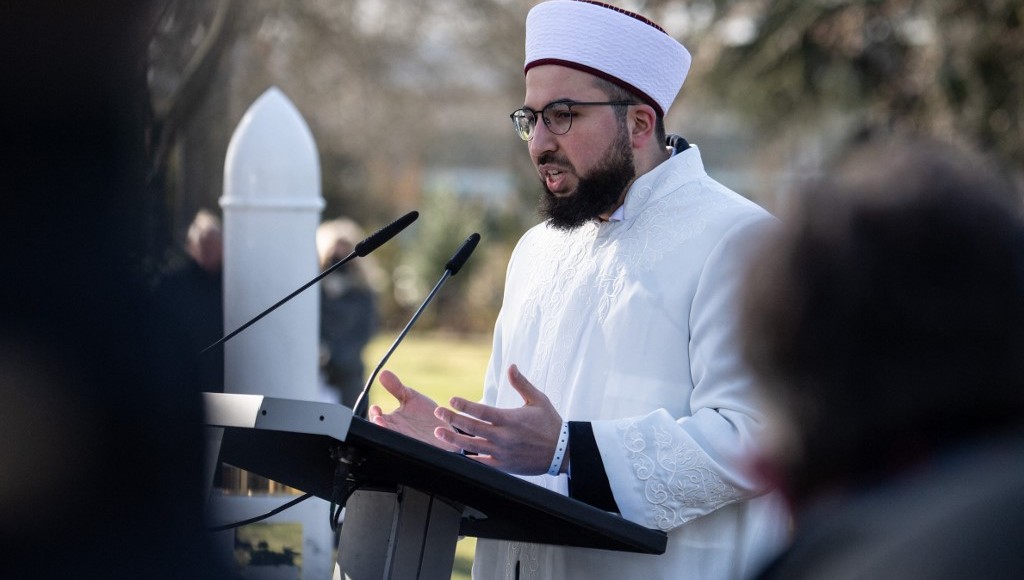The German Interior Ministry, Turkey’s Religious Affairs Directorate (Diyanet) and the Turkish-Islamic Union for Religious Affairs (DİTİB) have reached an agreement to gradually end the posting of state-employed imams from Turkey to Germany and to train the imams domestically, according to a press release from the ministry.
As part of a joint training initiative, 100 imams are to be trained in Germany every year and will replace the Turkey-appointed imams in the country, according to the Thursday press release.
German Interior Minister Nancy Faeser called the agreement “an important milestone for the integration and participation of Muslim communities in Germany.”
“We need preachers who speak our language, know our country and stand up for our values,” Faeser said. “We want imams to get involved in the dialogue between religions and discuss questions of faith in our society.”
Feaser said the agreement with Turkey was reached after “lengthy negotiations.”
Germany has been seeking for years to increase the number of imams educated domestically to decrease the influence of foreign countries on its Muslim communities.
About 5.5 million of Germany’s 83.2 million residents are Muslim, and almost 3 million people in the country are Turkish or have Turkish roots.
According to the agreement DİTİB will be in charge of training the 100 imams in Germany every year.
Due to the lack of Islamic theological schools in Germany, Muslim congregations have for years imported religious leaders. Yet many believe that imams trained in Islamic theology programs in Germany would be better able to serve the needs of a younger generation of Muslims growing up in the country.
The training of the 100 imams in Germany each year is to take place as part of the existing DİTİB training program in Dahlem in the German state of Rhineland-Palatinate and through an additional program.
For the training of the imams, cooperation will also be sought from the Islamic College Germany, or Islamkolleg Deutschland, based in Osnabrueck in northern Germany. The college was founded by Muslim community associations, theologians and academics in 2019 to provide practical and theological training for German-speaking religious staff and imams for local communities.
The supervision of the state-employed imams will be transferred to DİTİB from the Diyanet during the transition process in 2024.
Until now, the Turkish imams have been sent to serve at more than 900 mosques across Germany run by DİTİB, which operates under Turkey’s Diyanet. They stay four or five years, are paid by Turkey and have been criticized for having little to no knowledge of the German language or culture.
DİTİB is an association registered under German law that will then take direct responsibility for training the imams.
DİTİB was founded by the Diyanet in Germany in 1984 at a time when more fundamentalist Islamic movements that were banned in Turkey had become increasingly popular among the Turkish population in Germany.
DİTİB has been accused of acting as the long arm of the Turkish government following a 2016 coup attempt against President Recep Tayyip Erdoğan.
Some imams are alleged to have acted on the orders of Turkish diplomatic posts to spy on followers of the Gülen movement, which Ankara blames for the failed coup.
